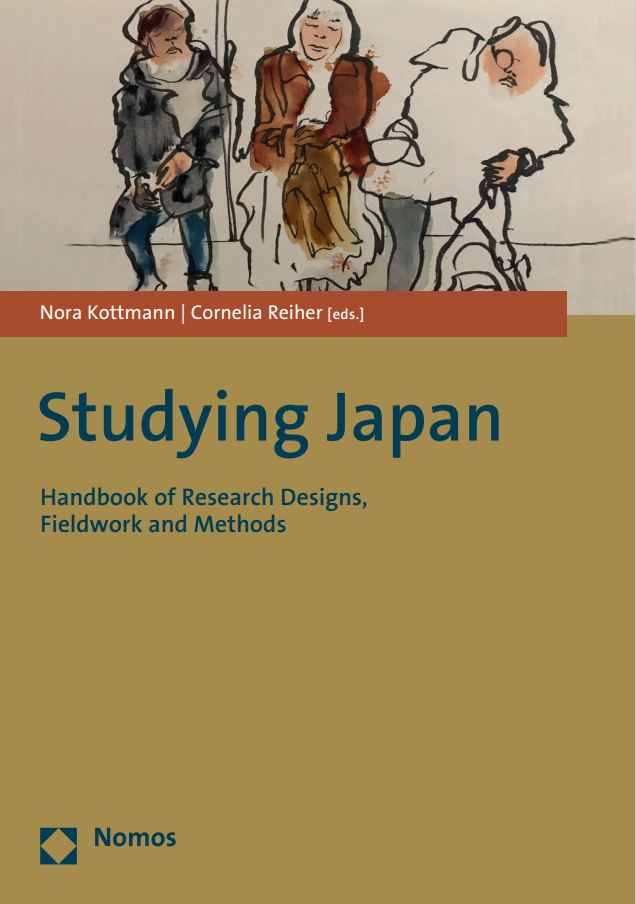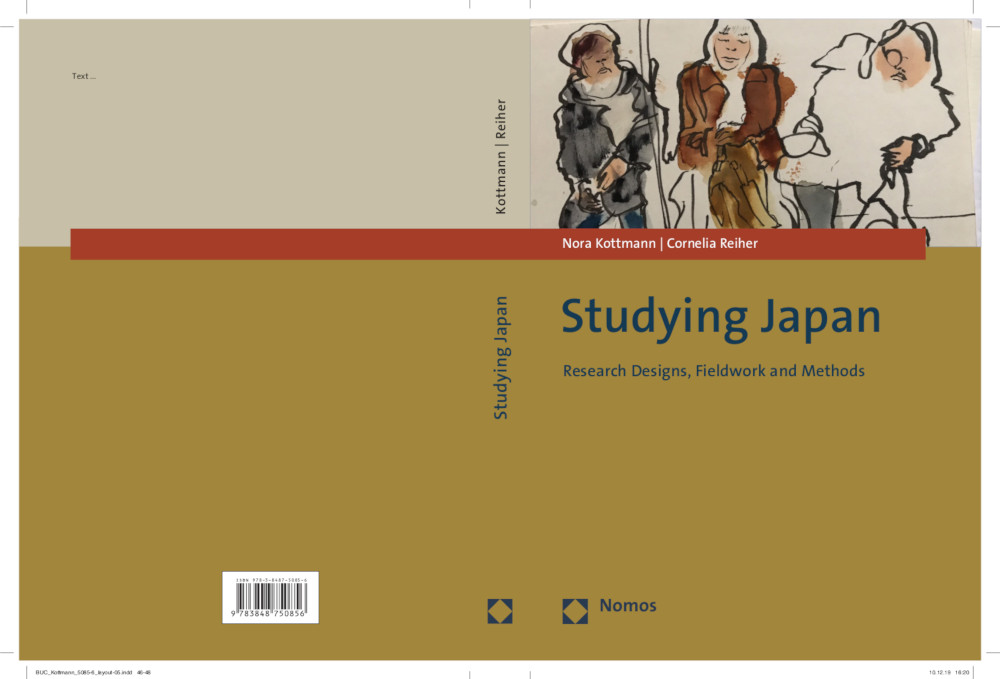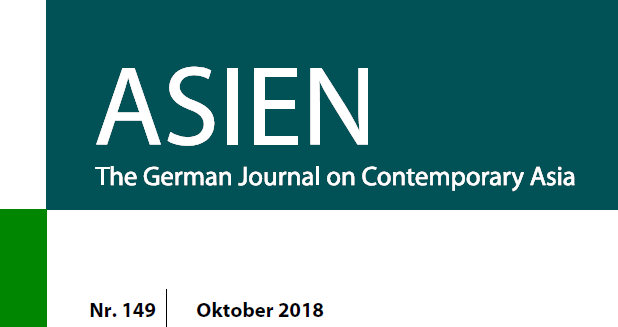Another publication related to the “Berlin’s Japanese Foodscapes” project just came out in the journal Food, Culture and Society. Please check it out online:
Cornelia Reiher (2022): Negotiating authenticity: Berlin’s Japanese food producers and the vegan/vegetarian consumer, Food, Culture & Society (online first) https://doi.org/10.1080/15528014.2022.2076028
ABSTRACT
This paper introduces “feelings of authenticity” as an analytical category in the scholarship on culinary globalization and ethnic food producers to understand changes in cosmopolitan foodscapes by transcending economic conceptualizations of authenticity. It discusses how Japanese food entrepreneurs, chefs and food workers making and selling Japanese food in Berlin feel about and negotiate consumer demands for vegan and vegetarian variations of Japanese cuisine. Why are some Japanese food producers in Berlin more flexible in adjusting their menus to customer demands than others? This paper argues that different responses are related to food producers’ feelings of authenticity informed by different personal standards of what authentic Japanese food is and should be. These standards emerge from their personal biographies, professional backgrounds and values. Based on six years of fieldwork, this paper introduces three groups of Japanese food producers who perceive authentic Japanese food differently and shows how ethnic food producers’ perceptions and feelings of authenticity affect negotiations between food producers and consumers.



